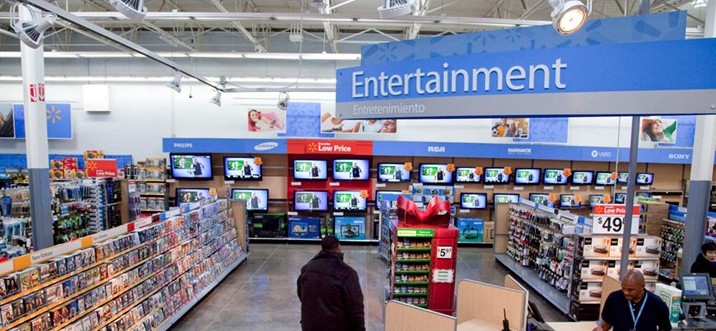UPDATE: MSN Flyer reports that American Express charged a cash advance on a purchase at vanillagift.com as well. The issue appears wider spread than we thought and is a troubling development.
American Express is historically very forgiving with cash-like purchases, seeing a cash advance show up on a statement is effectively unheard of unless you visit an ATM, run a bank teller cash transaction, use it at a casino, or for a payday lender transaction. In fact, I’ve never seen a cash advance on any of my American Express cards in my manufactured spend history, even when the merchant sells nothing but gift-cards or when buying literal currency from the US mint.
There’s something rotten in Denmark Manhattan though: There are now two reports of a cash advance fee being charged at a mostly under-the-radar Mastercard gift card online retailer when using an American Express. One of the reports from includes a screenshot of the transactions. (Many thanks to reader Nick)
I haven’t purchased gift cards from this retailer in several weeks so I don’t have a datapoint of my own, but I can say that this retailer has been wonky with American Express for about two months. Some of its quirks:
- Requires AmEx SafeKey, but only sometimes
- Orders occasionally pass SafeKey but then sends a failure to the retailer
- SafeKey tokens can leak to or from other sites
- Pending charges started appearing with a merchant name of “OTH MISC” or was blank, and the name only corrected when the charge actually posted.
Was the cash advance charge intentional on American Express’s part? I’m honestly not sure, I think it’s equally likely that the vendor messed up their merchant account in some other way that caused the cash advance and it may be fixed in a few weeks. Also, recall that historically when American Express is sick of manufactured spend at a particular retailer they just stop awarding points but still let the transaction through rather than charging a cash advance fee, like with Simon.com purchases, so it’s an odd turn to blatantly charge cash advances on a similar retailer.
Regardless of the cause, watch your American Express manufactured spend charges closely for the next couple of months until we get a better handle on what’s up.

The plumbing between a certain gift card vendor and their merchant processor.


